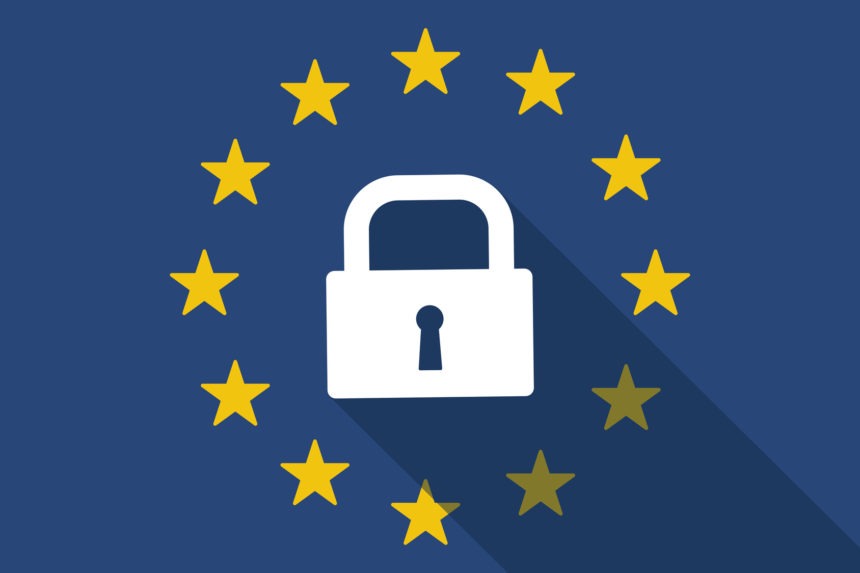Ethos culture seeks to drive three key values in all it does; Trust, Moderation and Collaboration. We also believe strongly that individuals should be empowered with control over their own data.
Almost all our deliverables in projects are digital or substantially so, so how do we map these values into a digital implementation? Particularly in the light of the new EU General Data Protection Regulation, or GDPR (see Wikipedia definition below), which comes into force in 2018.
I have outlined my thinking in this presentation that I gave at Mydata 2016 – defining trust and its implementation in a digital context.
and here’s the Ethos mapping of these values to digital.
What is GDPR?
The General Data Protection Regulation (GDPR) (Regulation (EU) 2016/679) is a Regulation by which the European Commission intends to strengthen and unify data protection for individuals within the European Union (EU). It also addresses export or processing of personal data outside the EU. The Commission’s primary objectives of the GDPR are to give citizens back the control of their personal data and to simplify the regulatory environment for international business by unifying the regulation within the EU. When the GDPR takes effect it will replace the data protection directive (officially Directive 95/46/EC) from 1995. As a regulation the GDPR will have to be instantiated into national laws unchanged (in 2017), whereas the Data Protection Act was a directive enabling each state its own interpretation into national law, hence the drive to greater coherency for processing of personal data within the EU via a single coherently implemented regulation.
The regulation was adopted on 27 April 2016 and will be enforceable in every EU member state by May 28 2018.
(c) Wikipedia

